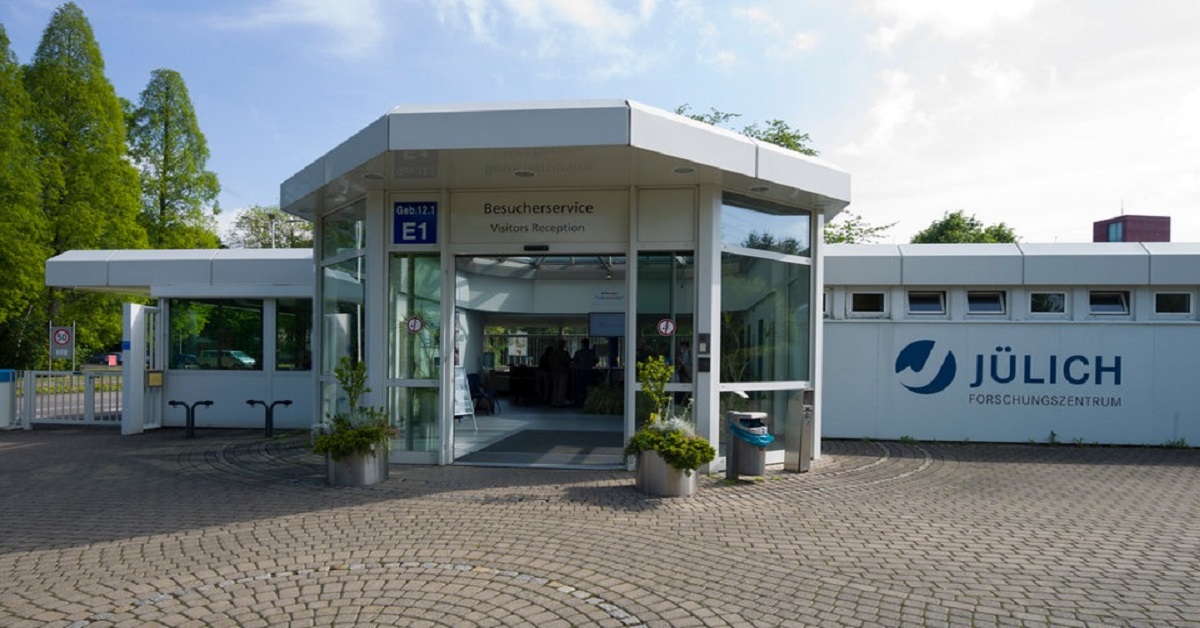The research in this proposed thesis is within the METIS (Methods and Models for Energy Transformation and Integration Systems) project. METIS is a cooperation of the Jülich Research Center, the RWTH Aachen University, and the Friedrich-Alexander-Universität Erlangen-Nürnberg. The project aims to develop simulation and optimization tools to analyze energy markets in Germany and Europe.
Stochastic programs rely on a number of scenarios that form the input data of the underlying optimization model. Large numbers of scenarios can result in poor computational performance due to the correspondingly large optimization model. Thus, aggregation or clustering methods for scenarios are often used. These methods work by picking out representative scenarios from a pool of scenarios, and/or defining a fewer number of new scenarios that are equally representative of the pool of scenarios. There are standard methods available to accomplish this aggregation.
However, this improved computational performance comes at a price of reduced accuracy, or an error, in the corresponding optimization model’s objective function. The aim of this thesis is to perform several computational experiments to determine the quality of these aggregations. Analytical estimation of the errors can also be carried out.
Your Job:
Concretely, your job for the work in the thesis can be divided into the following steps:
- Literature research on different time series aggregation methods for energy system modelling (an existing review paper is provided by the supervisor).
- Implementation of optimization models into a modeling language of your choice.
- Integration of the new scenarios into this code — scenario generation is not required.
- Analysis of the computational performance of the new models for several parameter settings.
- Compilation of the observations into a report. Depending on your interest and the quality of the thesis, the work can also be developed into an article and submitted for review, with you as an author.
Your Profile:
Good knowledge of a modeling language such as (at least one of) Pyomo, GAMS, Gurobi, etc. is required. An extensive background in scenario generation or aggregation is not required, and some existing code is available. Good grades in relevant subjects, and a background in discrete optimization is required as well.
Our Offer:
- You will be actively supported by the supervisor, with weekly meetings via ZOOM.
- A pleasant working environment within a highly competent, international team in one of the most prestigious research facilities in Europe
- You will be supported by top-end scientific and technical infrastructure as well as close guidance by experts.
- You will have the opportunity to work with a young, self-motivated, and performance-driven team of researchers from various scientific fields and take part in the design of a future German and European energy system.
Contact (for applications):
Bismark Singh
Department of Mathematics and Department of Data Science
Friedrich-Alexander-Universität Erlangen-Nürnberg, Erlangen
https://en.www.math.fau.de/edom/team/bismark-singh/
e-mail: bismark.singh@fau.de
Auxiliary Contact Person:
Maximilian Hoffmann
Institute of Energy and Climate Research (IEK)
IEK-3: Techno-economic Systems Analysis
52425 Jülich
https://www.fz-juelich.de/iek/iek-3/EN
Phone.: +49 2461 61-85402
e-mail: max.hoffmann@fz-juelich.de
